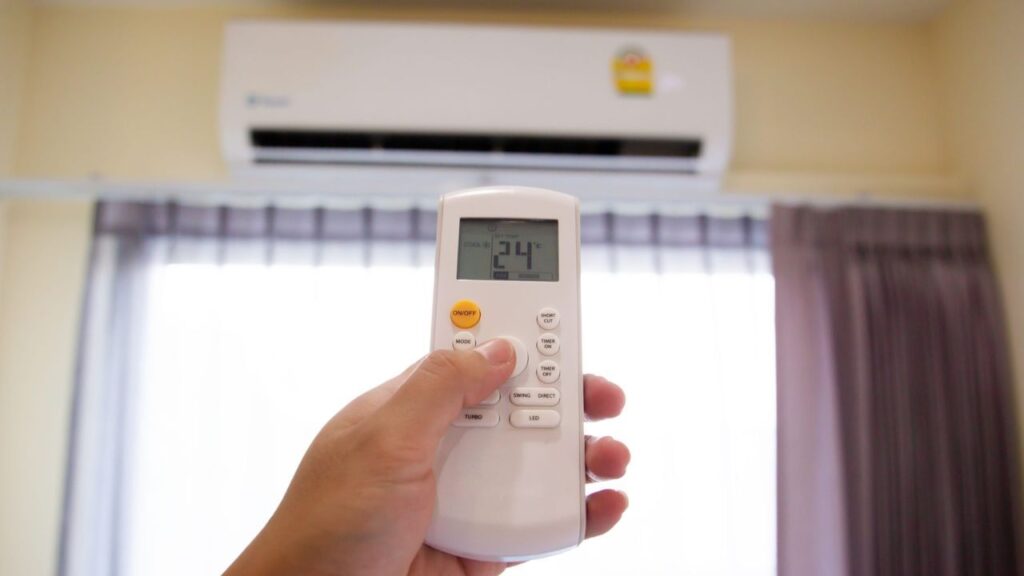In today’s world, air conditioners have become a staple in many households, providing relief from the sweltering heat. To streamline their use, many people opt to set a timer on their air conditioners. This feature allows the AC to automatically turn on and off at designated times, making it convenient for users. However, alongside the benefits, there are also drawbacks that come with using the timer function. In this article, we will explore the pros and cons of the air conditioner’s timer feature in detail.
Understanding the AC Timer Feature
The timer feature is especially beneficial for working couples who typically leave and return home at fixed times. For instance, they can set the air conditioner to turn on shortly before they arrive home, ensuring a cool and comfortable environment. Similarly, they can program the AC to turn off just before they leave for work, preventing unnecessary energy consumption.
Pros and Cons of the AC Timer Feature
Advantages of Using the AC Timer
| Benefit | Description |
|---|---|
| Energy Savings | By programming your AC to operate only when necessary, significant energy savings can be achieved. This not only helps the environment but also reduces electricity bills. |
| Convenience | The timer feature allows you to have a pre-cooled space when you arrive home or go to bed. This ensures comfort without the hassle of manually turning the AC on and off. |
| Improved Lifespan of the AC | By using the timer to turn off the AC when not in use, the workload on the unit is reduced. This leads to less wear and tear, potentially extending its overall lifespan. |
| Enhanced Comfort | The ability to set a timer to cool down your living space before you arrive means you can enjoy that immediate comfort as soon as you step inside. |
Disadvantages of Using the AC Timer
While the timer feature is advantageous, it’s essential to be aware of its potential downsides:
- Incorrect Settings: If the timer settings are programmed incorrectly, the AC may turn on or off at inconvenient times. This could mean coming home to a warm house or experiencing discomfort if the unit turns off unexpectedly.
- Overreliance: Users may become overly dependent on the timer function, neglecting to adjust settings based on changing schedules or weather conditions, which could lead to unnecessary energy consumption.
Conclusion
The AC timer feature can significantly enhance the convenience and efficiency of air conditioning use in households. By understanding both its advantages and disadvantages, you can make informed decisions on how to use this feature effectively. Properly configured, a timer can lead to energy savings, greater comfort, and an increased lifespan for your air conditioning unit. Remember to periodically review your settings to ensure they align with your lifestyle and needs.
